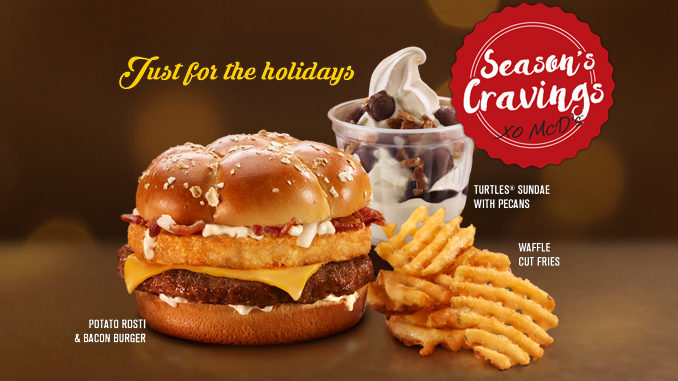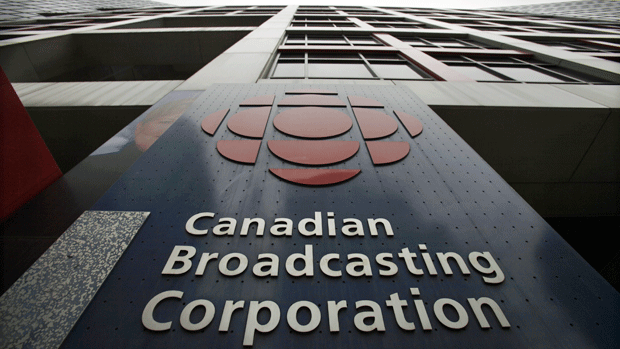
Two enormously polarizing stories with heavily contrasting ends involving the CBC have been making the rounds lately.
Most recently, on Monday, November 28, the Canadian Broadcast Corporation asked for additional funding of $318 million a year in order to go completely ad-free.
As an ardent fan of the CBC(a position I will do my best to unbias myself from in writing this), I wanted to yell at the radio… not because there aren’t valid reasons to justify the additional costs, but because the undercurrent of Libertarian politics that oppose a government mandated arts and news program are destined to speak publicly out against these kinds of increases, and gain especial strength in doing so. And people are going to respond, because while the impact on the average taxpayer that this would make isn’t enormous, it is significant at $46 per person per year rather than the current $34.
There are a great many defences for adding funding to the CBC, but few of these are going to matter to the people who choose not to engage with the programming that they offer. And that begs the question: within a world with easy, global access and a constant commercial demand for premium, paid-programming, can there really be a need for a publicly funded broadcaster? Especially when that broadcaster, as a celebration of arts and culture, by definition of its governmentally mandated existence automatically leans to the more social side of politics?
 It isn’t ridiculous that the Conservative party tends to hold an opposition to such a machine, and from that side of the conversation, the timing is perfect: after Maxime Bernier and Kellie Leitch spoke at the recent Conservative leader’s conference, they reflected on the need to defund or scrap the CBC respectively.
It isn’t ridiculous that the Conservative party tends to hold an opposition to such a machine, and from that side of the conversation, the timing is perfect: after Maxime Bernier and Kellie Leitch spoke at the recent Conservative leader’s conference, they reflected on the need to defund or scrap the CBC respectively.
This gives Bernier and Leitch, both candidates for the Conservative party leadership, a superficial political relevancy that is not only going to strengthen each of their brands, but it is also going to greatly damage and polarize reactions to the CBC’s request for additional funding in the months and years to come.
Regardless of which side our subjectivity lies, the concern is real. By living in a society, we need to provoke conversation from both sides, not allow one voice to shout over the other with contradictory premises.
But let’s not forget that the CBC is inherently linked to our modern way of life. It gives us Hockey Night in Canada, The National, Dragon’s Den, and The Hours. It gives us a slew of thoughtful radio programming. It forces jobs by creating an industry and filling it with voices and promotion for home-grown Canadian products in art and music. It gives us (or is supposed to) truth and news without a political skew.
From one side of the conversation, the problem with the CBC is that it abandons its necessary objectivity and holds a distinct Liberal bias. This is despite the fact that series like Dragon’s Den absolutely embody and celebrate the right-wing virtues of capitalism.
The CBC is based on viewership and where advertising will best fit in, and that influences the kind of programming that they are permitted to air(although not to the same ends as more obviously agenda-based, corporate funded conglomerates like CNN and Fox News).
By adding this additional funding to the CBC, these arguments could be absolutely dissuaded. In doing so, they would be alleviated of the need to cater to a certain demographic. Even while the network makes efforts to keep themselves without a bias, this would create a much freer environment within which they would be able to more directly represent all Canadians of every sex, creed, demographic, and political alignment.
Leitch claims that the CBC needs be to dismantled because of the impact that it has on the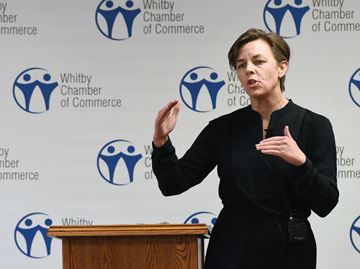 industry. “For Canadian democracy to thrive,” she has said, “we need to hear from the different voices in the press.”
industry. “For Canadian democracy to thrive,” she has said, “we need to hear from the different voices in the press.”
The fundamental value that she is choosing not to see in a publicly funded broadcaster is in the centralization of accountability. Despite functioning mostly ad-free, the broadcaster is still accountable to the different outlets that buy in. This forces an adjustment to perspectives and programming allotments in order to facilitate prime spots for advertising. This influences content.
Primarily, the CBC is a news outlet. The news is supposed to be the truth, and the truth should not be influenced.
Examining Leitch’s ideal situation turns the news and the conversation between the country into a product. Sponsored media is subject to innumerable biases and needs in order to align with the agenda of those footing the bill. This is the absolute benefit of a publicly funded media conglomerate: it, by necessity, has to align with the needs of the people. The fact that this is even a topic of conversation illustrates that many Canadian citizens do not feel accurately represented by the CBC, which tells us definitively that there are changes that need to be made. But you don’t rush into divorce just because of a fight; this is an opportunity to reform the CBC in aligning with our goals as a nation.
By providing additional funding to the corporation, we’d be creating 7,200 jobs while detaching the voice of Canada from the needs of sponsorship. It’s only in doing this, and thereby making the varied voices of Canadian citizens the only responses that matter, that we have a chance of equitably representing all of us.

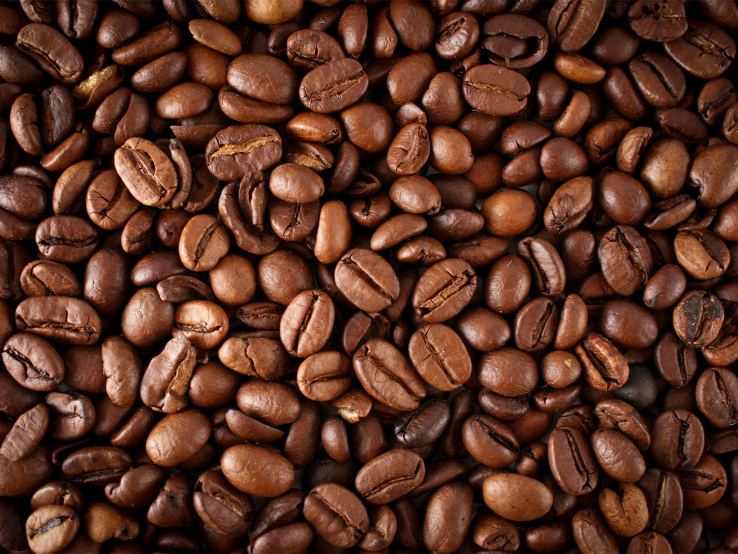
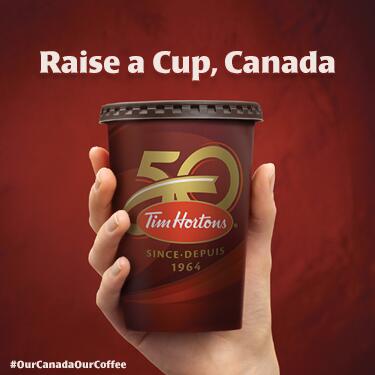 themselves ‘Canada’s Favourite Coffee’.
themselves ‘Canada’s Favourite Coffee’.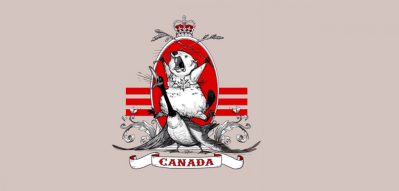 What remains is figuring how this plays into being Canadian. While 30% of the board of Tim Hortons now has to be made up of Canadian citizens, that leaves a whopping 70% of the publicly traded company in unrelated hands for general control. Ironically, this aligns with the Canadian virtue of globalization. That’s what makes attempting to define what being Canadian actually is, and therefore what the definitive coffee of Canada is, a little bit more difficult.
What remains is figuring how this plays into being Canadian. While 30% of the board of Tim Hortons now has to be made up of Canadian citizens, that leaves a whopping 70% of the publicly traded company in unrelated hands for general control. Ironically, this aligns with the Canadian virtue of globalization. That’s what makes attempting to define what being Canadian actually is, and therefore what the definitive coffee of Canada is, a little bit more difficult. Then what makes coffee Canadian? With a far less tangible identity than the Tim Hortons advertising suggests, wouldn’t then virtually any independent coffee shop qualify as the definitive Canadian coffee? Supporting your neighbours, keeping your dollars localized to your community… Canada is about creating its own national identity in practice. It’s about blending different cultures and ideologies together smoothly, keeping them intact, and building communities and lives within those newly created lines. Canada is the globalized community that still needs to recognize itself as a singular entity if for no other reason than as a force against the necessary nationalistic ideals popping up all over the world. Any product to represent our great nation must be crafted, thoughtful, passionate, and must not be exploitatively ‘Canadian’ or a total embodiment of broken, modern, trickle-up Capitalism.
Then what makes coffee Canadian? With a far less tangible identity than the Tim Hortons advertising suggests, wouldn’t then virtually any independent coffee shop qualify as the definitive Canadian coffee? Supporting your neighbours, keeping your dollars localized to your community… Canada is about creating its own national identity in practice. It’s about blending different cultures and ideologies together smoothly, keeping them intact, and building communities and lives within those newly created lines. Canada is the globalized community that still needs to recognize itself as a singular entity if for no other reason than as a force against the necessary nationalistic ideals popping up all over the world. Any product to represent our great nation must be crafted, thoughtful, passionate, and must not be exploitatively ‘Canadian’ or a total embodiment of broken, modern, trickle-up Capitalism.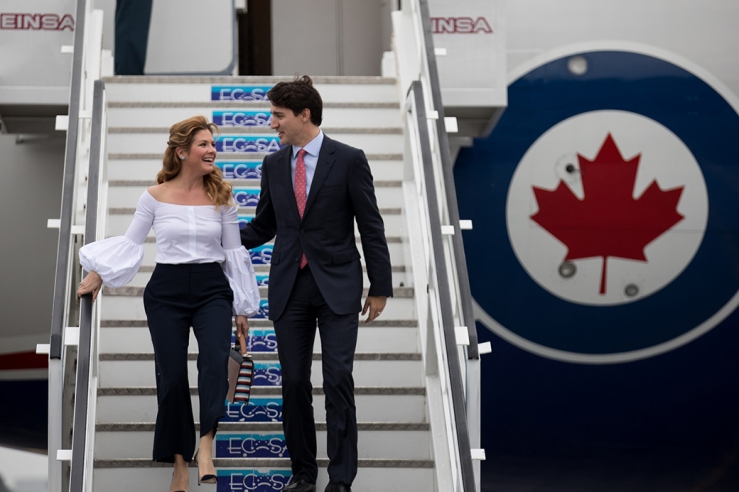
 “On behalf of all Canadians, Sophie and I offer our deepest condolences to the family, friends and many, many supporters of Mr. Castro. We join the people of Cuba today in mourning the loss of this remarkable leader.”
“On behalf of all Canadians, Sophie and I offer our deepest condolences to the family, friends and many, many supporters of Mr. Castro. We join the people of Cuba today in mourning the loss of this remarkable leader.”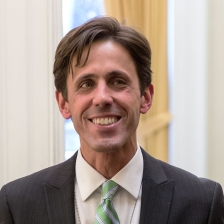
 This constructed ideology seems to come with an inherent weakness: the idea that the concepts one subscribes to are objectively true, and the figurehead of that movement is inherently perfect. The reactionary politics of the new American Republican are unquestioning and unwavering, defending the every word of what a popular Facebook page refers to as ‘God Emperor Trump’. When Trump suggested that the voting system was rigged, myriad Facebook pages and right-wing news outlets latched onto the idea that voter fraud was happening all over America in support of Clinton. When the cast of Hamilton reached out with their concerns about the future of America to Vice-President Elect Mike Pence, the same groups rallied behind Trump’s tweet demanding an apology from the cast, trending the hashtag #BOYCOTTHAMILTON, and ironically classifying the theatre as a ‘safe space’(despite the fact that Pence himself did not take public issue with the cast).
This constructed ideology seems to come with an inherent weakness: the idea that the concepts one subscribes to are objectively true, and the figurehead of that movement is inherently perfect. The reactionary politics of the new American Republican are unquestioning and unwavering, defending the every word of what a popular Facebook page refers to as ‘God Emperor Trump’. When Trump suggested that the voting system was rigged, myriad Facebook pages and right-wing news outlets latched onto the idea that voter fraud was happening all over America in support of Clinton. When the cast of Hamilton reached out with their concerns about the future of America to Vice-President Elect Mike Pence, the same groups rallied behind Trump’s tweet demanding an apology from the cast, trending the hashtag #BOYCOTTHAMILTON, and ironically classifying the theatre as a ‘safe space’(despite the fact that Pence himself did not take public issue with the cast).